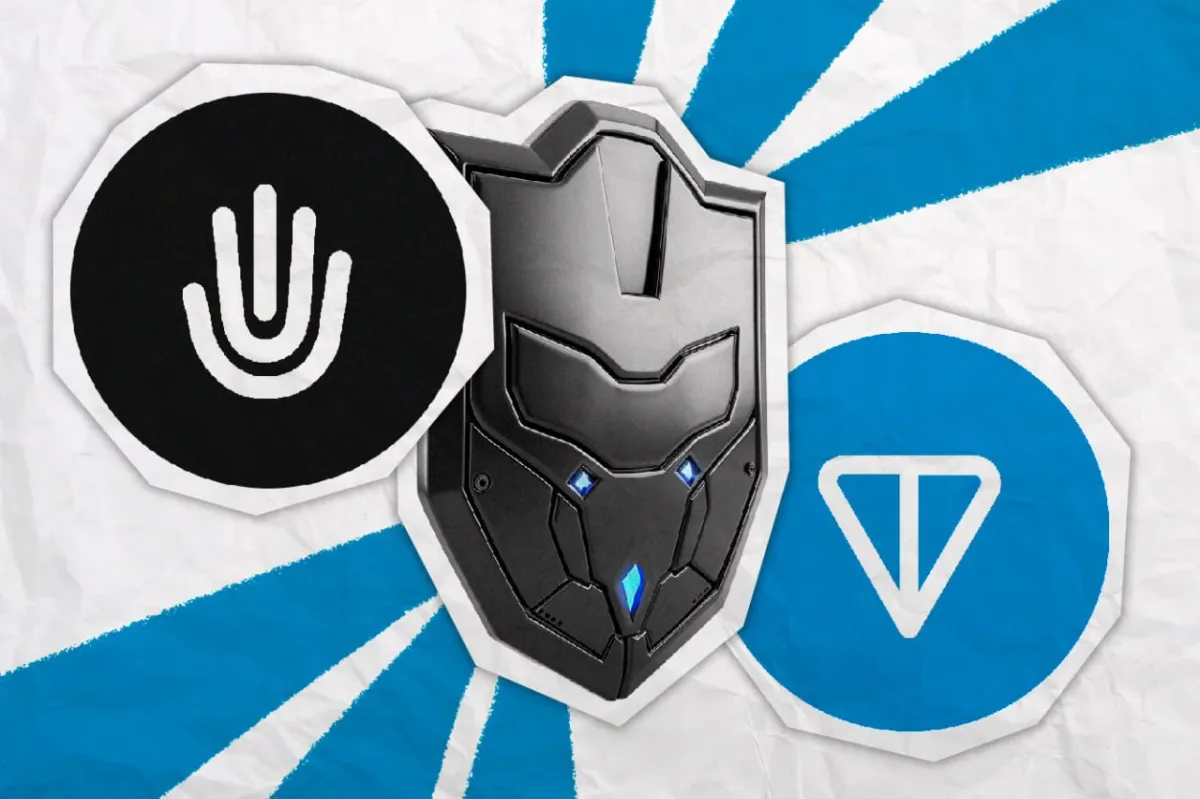
The Telegram Open Network Society (TON Society) and AI firm HumanCode have come together to launch a proof of personhood tool that enables the TON ecosystem's users, including the 900 million monthly users of Telegram, to distinguish their content from content created by bots.
So-called "zombie content", digital publications created by artificial intelligence tools, has grown exponentially since OpenAI launched ChatGTP in November 2022. The penetration of AI bots in web communities has triggered a need for mechanisms designed to keep them out of online spaces, particularly those built and designed for humans to interact with one another.
"At the heart of this partnership," TON explained in a post on X, "is the mission to combat the web’s increasing bot problem, protecting the integrity of online spaces.”
The new identity verification system will work through a palm recognition mechanism, which HumanCode founder Dr. Zhang claims offers “greater user privacy protection.”
The new tool was revealed at the Hong Kong Web3 festival on April 8th, together with an incentive program to expedite user adoption. The TON Society will distribute 1 million Toncoin (around $5 million) to users who prove their personhood by completing the palm scan.
HumanCode’s answer to the pervasion of AI online is not dependent on hardware and offers no chance of classifying people according to personal traits such as gender or race.
According to the TON blockchain account on X, “this technology works on any smartphone and browser and is designed to recognize all skin tones, ensuring everyone can benefit from this advanced proof-of-human system.”
TON blockchain was introduced in 2018 by Telegram co-founders Nikolai and Pavel Durov. It was later handed to the TON Community after the U.S. Securities and Exchange Commission barred the firm from creating its own blockchain.
The TON community has developed several projects for Telegram, the latest being the popular game Notcoin, which attracted over 35 million users to mint ‘non-existent’ coins and compete in squads to gain benefits.
Digital verification standards have been in vogue since ChatGTP’s CEO, Sam Altman, launched a global identity blockchain project called Worldcoin last August. The network collects user eyeball information through mechanical silver balls called “Orbs,” which can be found in public places in cities all around the world. Due to their reliance on hardware, his solution for a proof-of-personhood global system has been subject to investigations across the globe, and several countries have halted thier biometrical data collection.
Another blockchain-based biometric verification project called Humanity Protocol was announced in February. Headed by former Tink Labs CEO Terence Kwok, with Animoca Brands co-founder Yat Siu and Polygon co-founder Sandeep Nailwal as investors and founding members, the network now uses that same identity verification method coming to Telegram.

